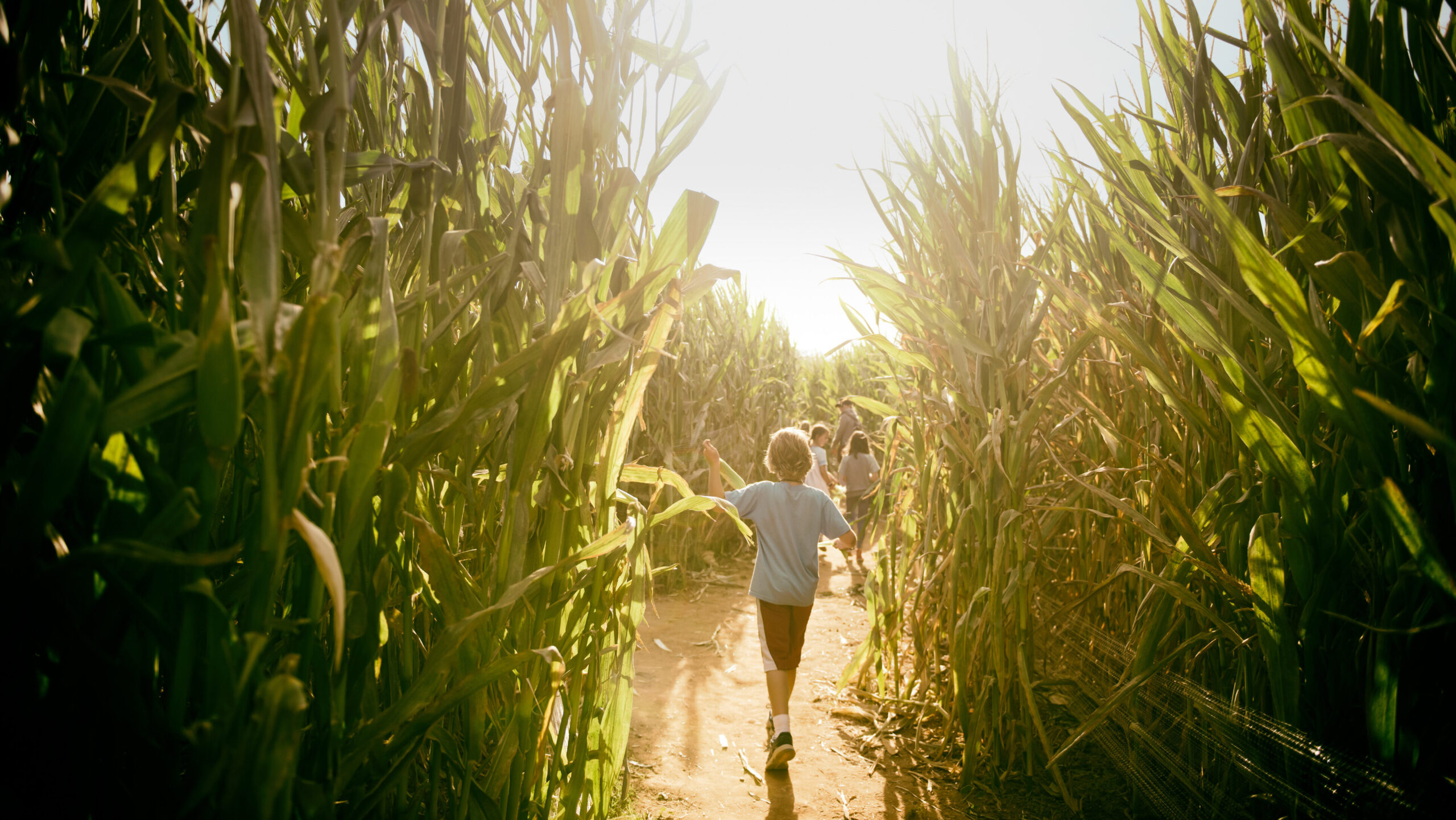
Erasmus University Rotterdam (EUR), Radboud University (RU), University of Groningen (RUG), Leiden University (LEI), Utrecht University (UU), and Vrije Universiteit (VU) are working on this theme. The theme coordinator is prof. dr. Catrin Finkenauer (UU).
Why invest in youth?
Children, adolescents, and young adults (hereinafter referred to as youth) are the future of our society. At the same time, they are growing up in a world full of challenges: from climate change and increasing social inequality to housing shortages and social tensions. In addition, an unsafe home situation—with abuse, addiction, or mental health issues—can leave deep scars. In addition to traumatic events, other stressors such as pressure to perform, discrimination based on weight, sexuality, or ethnicity, and financial insecurity can also have a major impact on youth. These experiences not only have direct consequences for themselves and their environment, but also lay the foundation for problems that may arise later in life.
That is why it is crucial to help children, adolescents, and young adults cope well with setbacks and stressful situations, so that they are future-proof. Coping well with stress and setbacks is what we call resilience. It is the key to a healthy and safe society — now and in the future.
Resilience is not a coincidence
When children, adolescents, and young adults cope well with stressful or traumatic events and continue to develop positively, they demonstrate resilience. This is not a matter of ‘bad luck or good luck’: Resilience is the result of a complex interplay of factors — so-called resilience building blocks — such as genetic predisposition, upbringing, friendships, school environments, cultural norms and even laws and regulations. The interplay of all these building blocks influences how resilient a child is.
For example, a child with a vulnerable genetic predisposition or chronic illness can still develop healthily thanks to a supportive home and school environment, while an apparently resilient child can still get into trouble due to unfavorable social circumstances, such as war or bullying. Resilience is therefore not a simple sum of influences; it is the result of a complex interplay of building blocks within and outside the child.

Working together for resilience in youth
Cooperation is essential to better understand and strengthen the complex interplay of resilience building blocks. Psychologists and educators focus primarily on the individual and their immediate environment. Sociologists and historians look at the broader context, such as differences and inequalities between groups, policy, legislation, or cultural influences. Environmental factors such as climate and urbanization also play a role. The building blocks of resilience are complex and cannot be solved within the boundaries of a single discipline or sector. Only through collaboration between scientific disciplines, policymakers, and social partners can we increase our understanding of how resilience can be built—and where we can intervene effectively to prevent problems.
The SW-theme ‘Resilience in Youth’ works precisely at these interfaces. We bring together researchers from a wide range of disciplines—from psychology and pedagogy to sociology, biology, economics, and geosciences—to learn from each other, innovate, and think ahead. Together:
- We unravel the complex interplay of building blocks that influence resilience — from genetic predisposition to geopolitical influences.
- We connect scientific knowledge and practice so that insights can be applied more quickly and effectively.
- We build a sustainable infrastructure where researchers and social partners learn about, from, and with each other, making our research more robust and relevant.

Theme ‘Resilience in Youth’ in brief
- Resilience is necessary for a healthy and safe society. Investments in youth are indispensable for preventing future social problems.
- Interdisciplinary collaboration on resilience in youth is not a luxury, but a necessity. Only by looking beyond the boundaries of disciplines can we truly understand and strengthen the complexity of youth resilience.
- Science and practice must reinforce each other. Knowledge only becomes valuable when it is shared and applied where it is most needed.
Together, we can strengthen resilience in youth and build a society in which everyone has the opportunity to grow into a healthy and resilient adult.
You can find an interview with prof. Finkenauer here.
